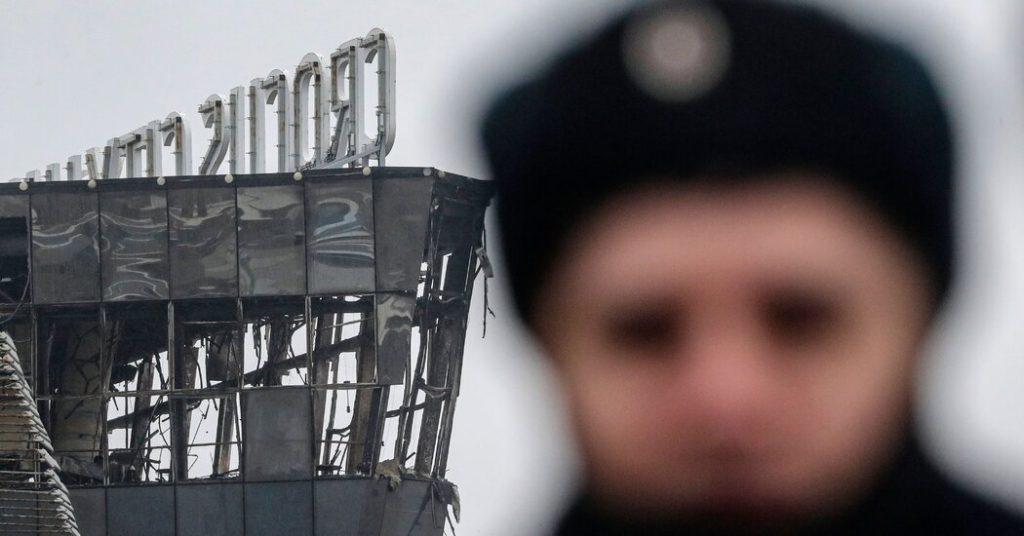The terrorist attack at a concert hall outside Moscow, which killed at least 139 people, has prompted two plausible hypotheses. The first suggests that the attack was an inside job orchestrated by Russian security services or carried out with their foreknowledge. This theory is not unsubstantiated, as there is a history of false-flag attacks in Russia, such as the apartment bombings in 1999 which provided a pretext for Vladimir Putin to launch the second Chechen war. The incidents included the discovery of white powder in an apartment building cellar, planted by F.S.B. employees, leading to suspicions of government involvement.
Putin’s response to the attack by quickly pointing the finger at Ukraine, as well as the timing of the attack shortly after his re-election, suggests a possible motive for creating panic domestically in order to mobilize troops for the war in Ukraine. However, there is also a history of Islamist terrorism in Russia, and warnings from the United States about an imminent attack were ignored, showing the incompetence of Putin’s regime. Despite the internal weaknesses of Russia, including a shrinking population and energy-dependent economy, Putin continues to pursue foreign conquests as a means of distraction and aggression.
The continued presence of ISIS and its affiliates around the world presents a global security challenge. With thousands of ISIS fighters still at large, particularly in Afghanistan with ISIS-K, and other affiliates operating in Africa, the threat of terrorism remains significant. The attack in Moscow mirrors previous attacks, such as at the Bataclan theater in Paris in 2015, indicating ISIS’s preference for targeting concert halls. The disorder and global terrorism challenges have grown due to a retreat of U.S. efforts to confront these threats, highlighting the need for a renewed focus on countering Islamist terror.
The lessons learned from previous foreign policy pivots, including neglecting NATO and European security, as well as underestimating the ongoing threat of Islamist terrorism, are critical. The American security challenge today is multifaceted, including a resurgent ISIS, a revanchist China, an aggressive Iran, and a Russia where paranoia and grandiosity blur. Whether the attack in Russia was orchestrated by the F.S.B., driven by Islamist terror, or a combination of both, it underscores the ongoing threat of global terrorism and the need for vigilance in confronting these challenges.
In conclusion, the terrorist attack in Moscow raises questions about possible government involvement, the ongoing threat of ISIS and Islamist terrorism, and the broader global security challenges facing the United States. The complexities of the situation, including historical precedent and current geopolitical dynamics, underscore the need for a comprehensive approach to countering terrorism and addressing the underlying causes of instability. As the world continues to grapple with the aftermath of the attack, it is important to remain vigilant and prepared to address these threats in a coordinated and strategic manner.


